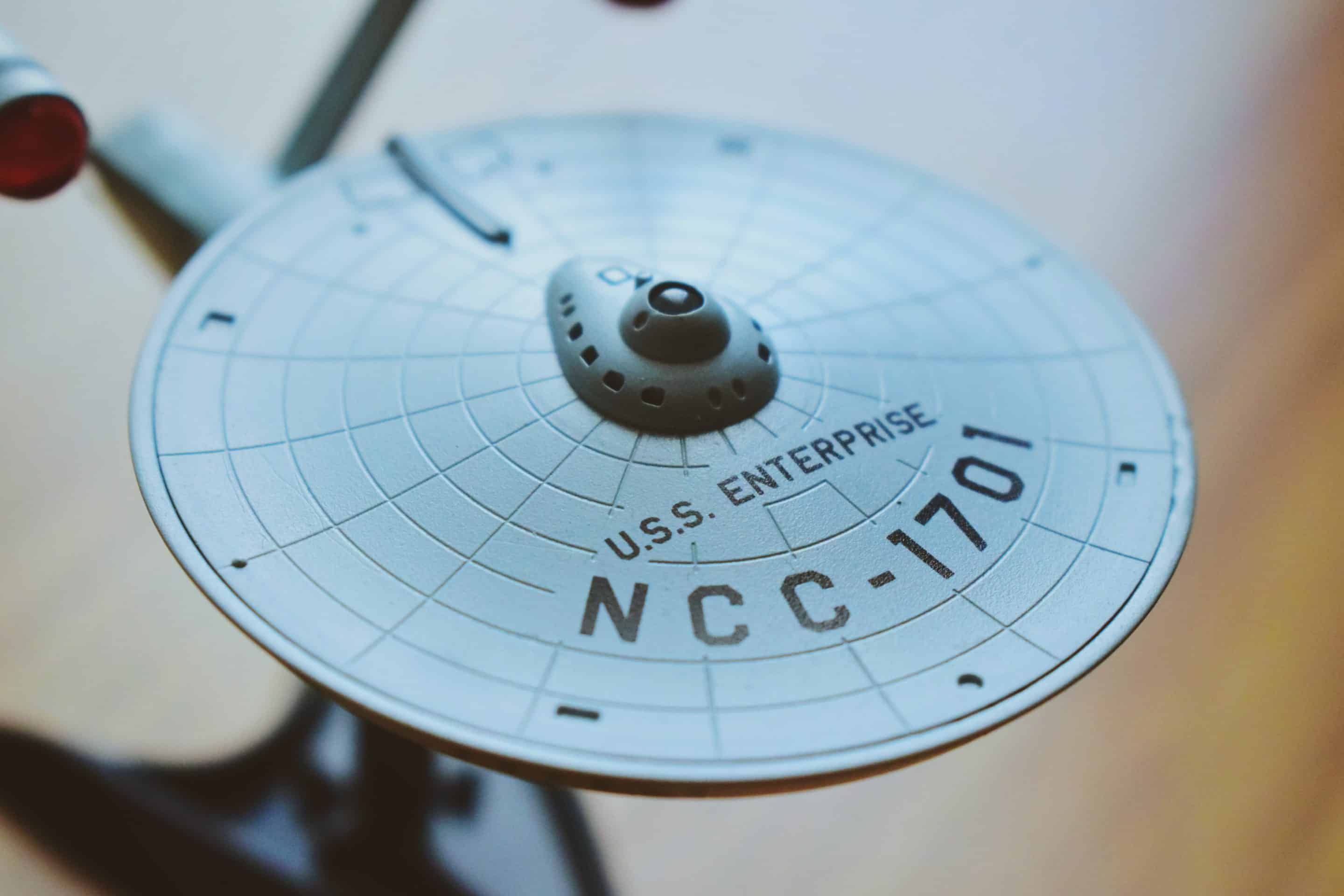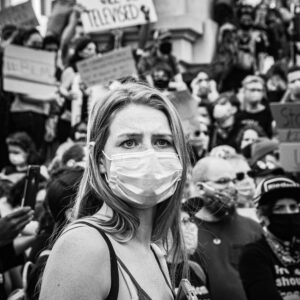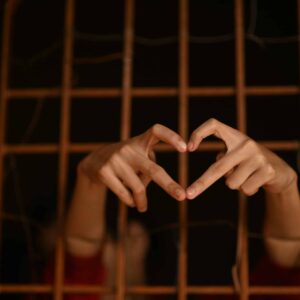Nichelle Nichols, who played Commander Nyota Uhura in Star Trek: The Original Series, passed away last weekend at the age of 89. Before I get to that, I have two confessions to make.
First, I’m a huge Star Trek fan. I started watching with my father in the late ’80s when Star Trek: The Next Generation was airing. I’ve watched all the movies and most of the series since (sorry, Enterprise) and have spent an embarrassing amount of money on models of starships.
Second, I don’t really enjoy The Original Series (TOS). I took a college class where we watched classic Trek, and I found it hopelessly cheesy. The moment that did TOS in for me was when Abraham Lincoln appeared before the crew, floating in space, because that’s apparently something humans can do.
Still, I know how important TOS is, both to the fans and the world at large. I know how important Nichelle Nichols was to it, too, as part of an intentionally diverse cast meant to represent a brighter future where people were no longer judged by their race or sex.
One of the most shared anecdotes since her death has been the story that Nichols actually quit TOS because she felt that her character wasn’t being given enough to do. No less than Dr. Martin Luther King Jr. himself asked her to stay on the show because of how important it was for a Black woman to be seen on television in a position of importance.
So here’s the thing. Nichols stayed in a job she didn’t want to be in because it meant more to be a positive role model for Black people than for her to pursue her own happiness and fulfillment. In fact, in an interview done in the 1980s, she was asked how it felt that the next Star Trek series would feature a brand new cast. She answered, somewhat ironically, with one of Dr. King’s most famous phrases.
“Free at last, free at last, thank God almighty I’m free at last!”
Of course, she wasn’t actually free; The Next Generation premiered in 1987, and two more Star Trek movies featuring Uhura and the rest of the original cast were released afterward.
Nichols’ experience is a frustrating one that many Black people and other disadvantaged people can identify with. Although we typically don’t have someone of Dr. King’s caliber leaning on us, we often feel the pressure of living up to expectations and paving the way for others like us at our own expense.
I’ve felt this pressure several times. I work in fields dominated by White people, namely journalism and education. Every time I’ve taken a job, I’ve considered how my behavior and success may open doors for others or close them because of stereotyping. I’m expected to be a role model to children who look like me, whether I want to or not. Sometimes I just want to be a below-average employee – show up late sometimes, blow deadlines, and otherwise skate from check to check like so many others. But that’s a luxury reserved for people who aren’t the “first one” to be there.
Nichelle Nichols had more fortitude than I do. She was Uhura for over fifty years, on television, in movies, and at conventions, even though she didn’t want to be. We’re thankful for her sacrifice and look forward to a day when equality means both the opportunity to say yes and the freedom to say no.






